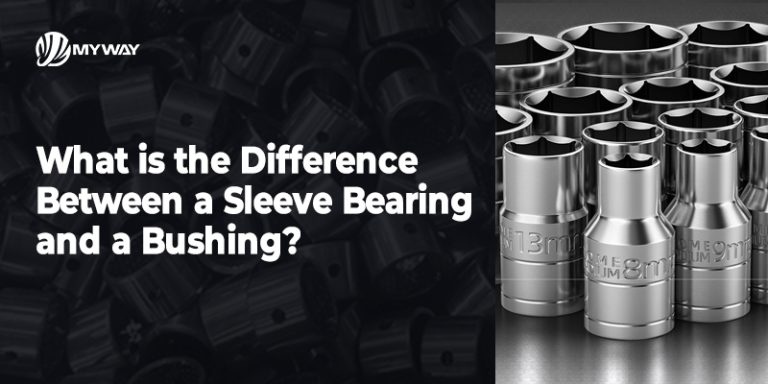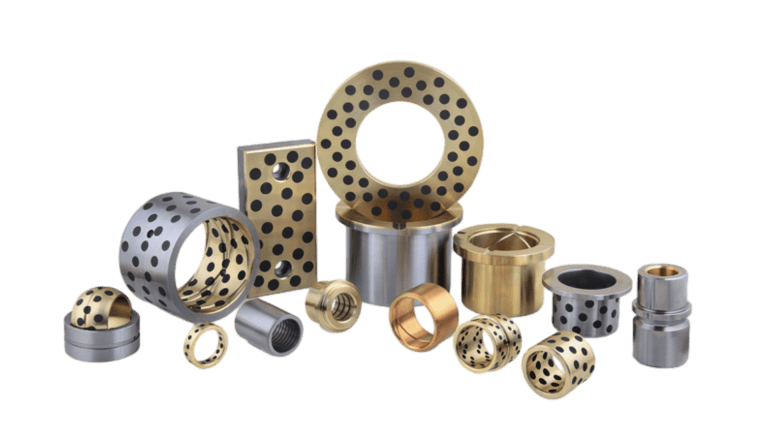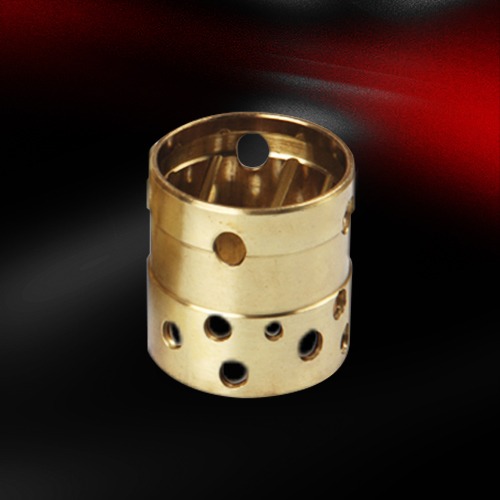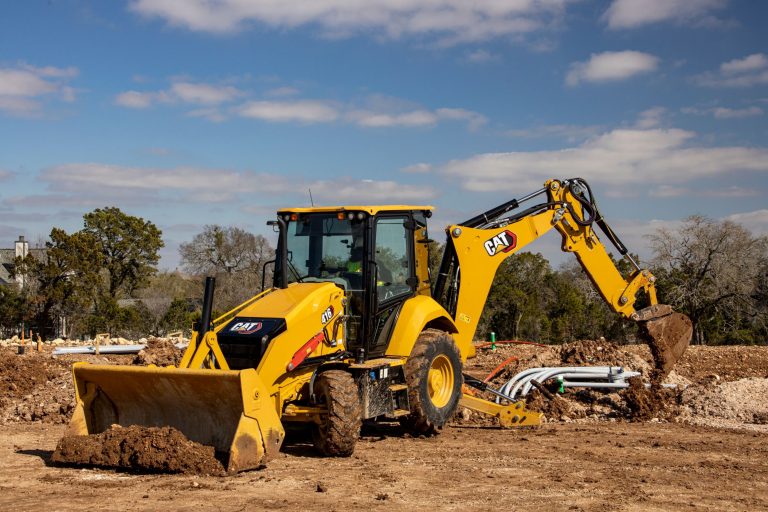What is a self-lubricating bearing?
Table of Contents
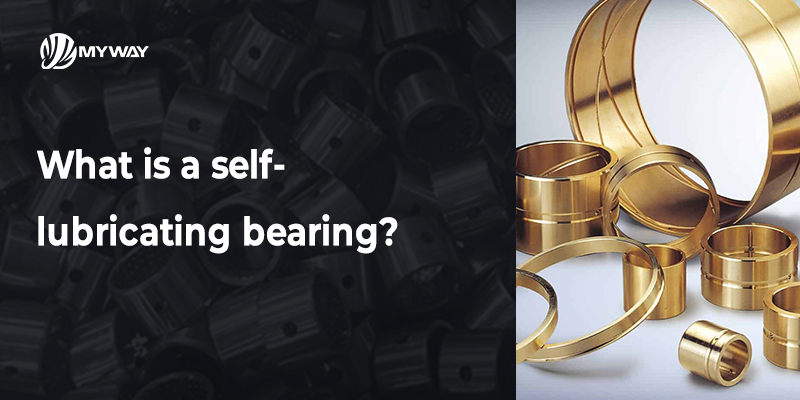
A self-lubricating bearing is a type of plain bearing. A self-lubricating bearing works without using an external lubricant such as an oil or a grease. It is made with materials that contain their own lubrication inside them, which works its way out as the bearing is in operation. These are used widely where it’s difficult or impractical to lube them on a regular basis. These are used in many, many applications in the automotive, construction, industrial, agricultural and many other industries. They are efficient, are more durable than many of the other types of bearings and require little maintenance.
What Does Self-Lubricating Bearing Mean?
What Material is Used for Self-Lubricating Bearings?
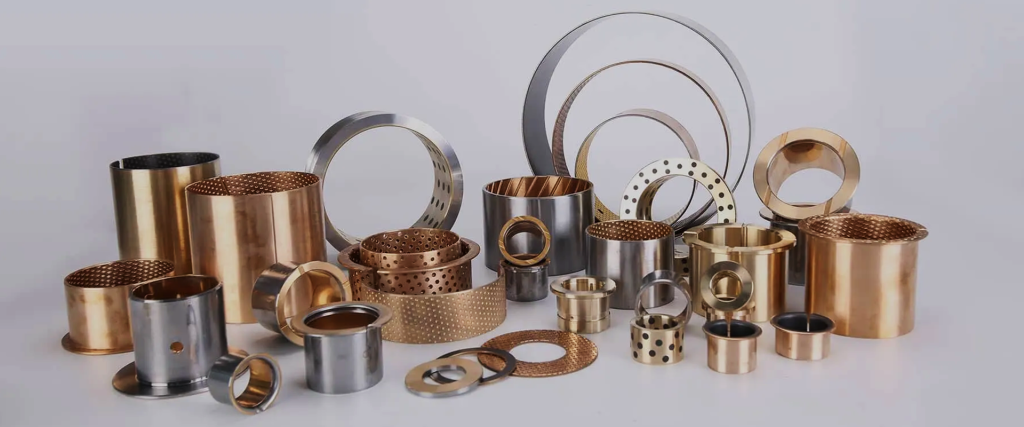
How Long Do Self-Lubricating Bearings Last?

- Load: Bearings under heavy loads can get worn out faster.
- Speed: If you’re application at a higher speed, you might wear the material out more quickly.
- Environmental Conditions: Dust, moisture or a corrosive environment will make the life of a bearing much shorter.
- Material Quality: Typically using higher-quality material ensures that it’s going to last you longer.
In general, self-lubricating bearings will last longer in an application than a conventional bearing, especially if it’s an application that requires lots of maintenance. Used under good conditions, self-lubricating bearings can last several years without a problem. The biggest thing in selection is choosing the right material and type for the application you have.
What Are the Disadvantages of Self-Lubricating Bearings?

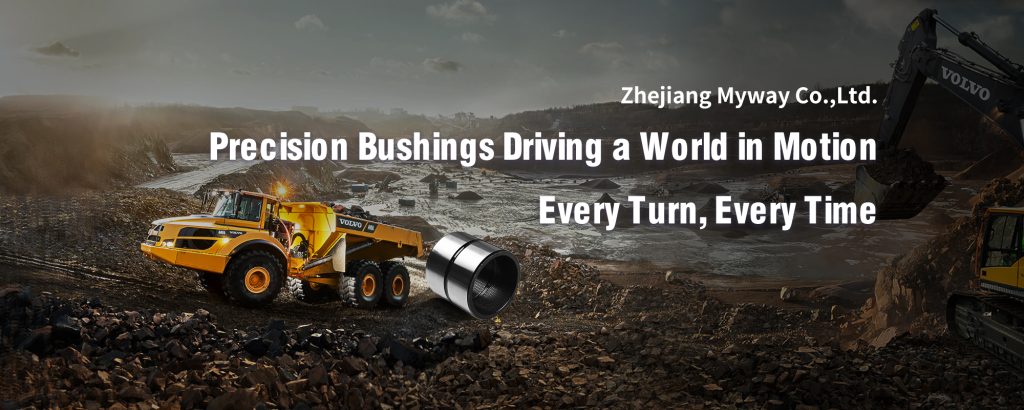
Applications of Self-Lubricating Bearings


